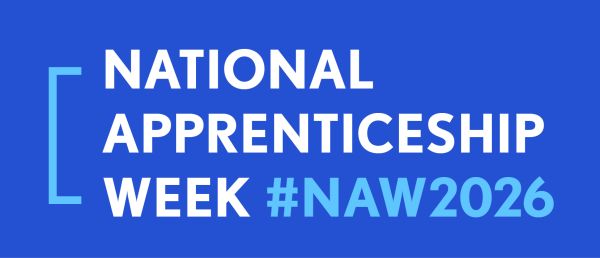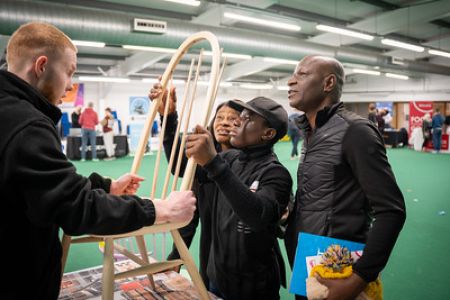- By Buckinghamshire Business First
- 15 June, 2022

Share by email
Despite many more wanting to work, only 23% of working age adults with a learning disability have a paid job, far lower than other adults.
Mencap, the charity for people with a learning disability, has an employment vision statement that expresses the desire for “people with a learning disability to have the opportunity to experience the benefits that paid employment can bring”.
The charity’s 2019 Big Learning Disability Survey found that:
- 23% of working age adults (aged 18 to 64) with a learning disability have a paid job.
This is compared to:
- 53% of working age adults with any disability
- 76% of working age adults (aged 16-64) in the general population in the UK.
Additionally, the higher the level of support a person needs, the lower their chances of being in a paid job:
- 32% of those with the lowest support needs have a paid job
- 9% of those with medium support needs have a paid job
- Fewer than 5% of those with the highest support needs have a paid job
This is despite many people with learning disabilities saying that they want to work.
It’s time for businesses to take a closer look at those statistics
The recent Learning Disability Week offered employers an opportunity to learn more about the ins and outs of employing someone with a learning disability.
Mencap provide a lot of information, advice and real-life success stories to encourage employers to open up their workforce to a wider pool of talent.
Begin here with an introduction to employing someone with a learning disability.
Look into offering work experience placements to act as that all-important first (or early) step into the workplace, helping someone on their way to paid employment.
Your team could also receive Learning Disability Awareness training to help everyone understand any particular requirements.
There are many other ways of getting involved with Mencap. See the wide variety of opportunities here.
Accessibility and inclusiveness: a business necessity
Disability takes many forms, and businesses have a duty to ensure they are open to as many people as possible.
Buckinghamshire Business First has previously written about the barriers facing millions of people with physical or cognitive disabilities.
Research shows that three quarters of disabled people have turned their backs on a business because of poor accessibility or customer service, and three quarters have experienced barriers on websites they visit, often clicking away from inaccessible sites. High street shops, restaurants and pubs are among those missing out financially because disabled people are missing out on their services.
Getting the accessibility message out across the airwaves
Vicky Hope-Walker, CEO of the National Paralympic Heritage Trust, recently joined Philippa Batting, Managing Director of Buckinghamshire Business First, for a chat on our Talking Heads podcast to highlight the importance of accessibility for all.
The two spoke about Buckinghamshire’s place in history as the Birthplace of the Paralympics, how the trust ensures its services are accessible, the value to businesses of being welcoming to all, the places in Bucks that are already getting it right, and some practical ideas for businesses to implement. You can listen to the interview here.
Want more information?
For support in creating a more accessible business, workplace or website, contact our Business Support Team: [email protected] / 01494 927130







